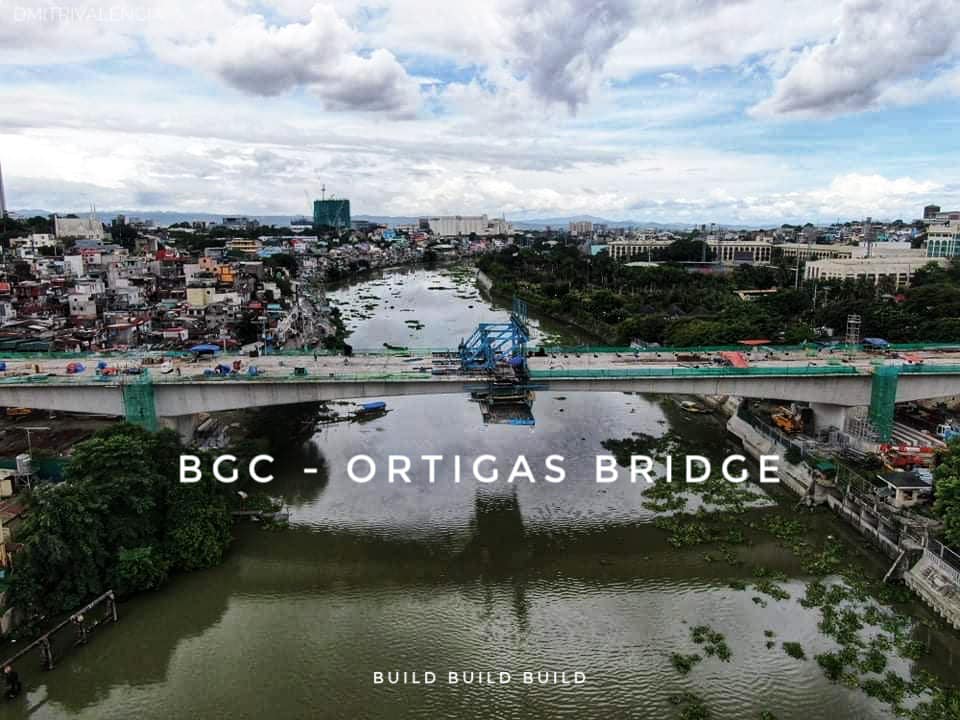“While the Constitution mandates bias in favor of Filipino goods, services, labor and enterprises, at the same time, it recognizes the need for business exchange with the rest of the world on the bases of equality and reciprocity and limits protection of Filipino enterprise only against foreign competition and trade practices that are unfair. The Constitution did not intend to pursue an isolationist policy.”
These are the words of the Supreme Court when it declared certain provisions of the IRR of RA 4566 otherwise known as the Contractors License Law as void in Philippine Contractors Accreditation Board v. Manila Water Company, Inc., G.R. No. 217590, 10 March 2020.
In effect, foreign firms may now undertake infrastructure projects in the Philippines under the same regular license as Filipinos. This is in line with Executive Order No. 65, series of 2018, which affirmed the importance of foreign participation in locally funded infrastructure projects by expressly allowing up to 40% foreign equity.
In PCAB v. MWC, the Supreme held that “PCAB went beyond the prescribed classifications under Section 16 of RA 4566 when it created a nationality-based license under Section 3.1 of the IRR. While Section 5 of RA 4566 authorizes PCAB to issue, suspend, and revoke licenses of contractors, this general authority to issue licenses must be read in conjunction with Sections 16 and 17 of RA 4566 as PCAB can not create substantial classifications between certain types of contractors. Also, while RA 4566 allows PCAB to effect classifications, the same should be reasonable.”
“A contractor under RA 4566 does not refer to a specific practice of profession. The licensing of contractors is not to engage in the practice of a specific profession, but rather to engage in the business of contracting/construction. If RA 4566 and its IRR indeed viewed the construction industry as a profession and contractors as professionals whose practice may be limited to Filipino citizens, then the challenged provision runs contrary to such policy, as it would allow foreigners to operate with a regular license through a construction firm as long as their equity therein does not exceed forty percent (40%).”
Supreme Court also mentioned the case of Tañada v. Angara, 338 Phil 546 (1997), which emphasized that “the constitutional policy of a self-reliant and independent national economy does not necessarily rule out the entry of foreign investments, goods and services. It contemplates neither economic seclusion nor mendicancy in the international community.”
You can read the full text of PCAB v. MWC here.
Prior this ruling, foreign contractors are required to secure a special PCAB license before they can participate in the public bidding of locally-funded infrastructure projects. As pointed out in PCAB v. MWC, securing a special license is way more challenging as compared to a regular license. In fact, this is one of the major issues faced by the Department of Public Works and Highways in the Bonifacio Global City – Ortigas Center Link Project.
In May 2017, PCAB initially refused to issue special licenses to joint ventures or corporations with foreign ownership that can participate in the public bidding, which in turn may result to a bidding failure due to lack of qualified contractors for the said project.
DPWH addressed the issue by identifying relevant provisions of RA 9184, otherwise known as the Government Procurement Reform Act, and RA 4566, and their respective implementing rules. Back then, prior EO 65, foreign equity participation is only up to twenty-five percent (25%), save in cases where the structures to be built require the application of techniques or technologies which are not adequately possessed by a person or entity meeting the seventy-five percent (75%) Filipino ownership requirement.
Foreign investment undoubtedly plays an important role in the financing of the global economy and can be particularly vital to developing countries like the Philippines. And now that foreign firms may undertake infrastructure projects in the Philippines under the same regular license as Filipinos with EO 65 and this new Supreme Court ruling, more corporations, including those with foreign equity, may participate in public bidding and undertake locally-funded government infrastructure projects.


Add a Comment